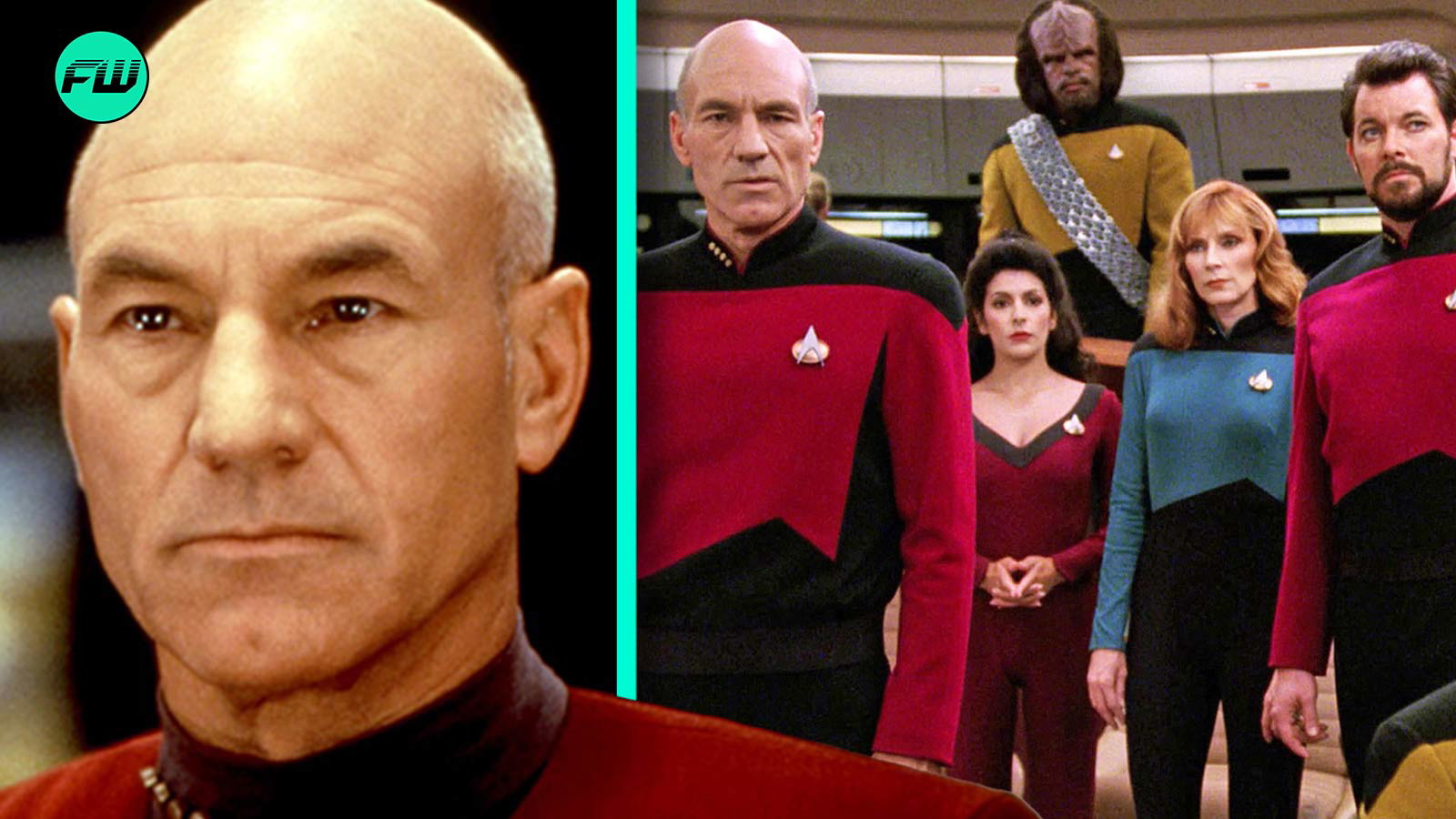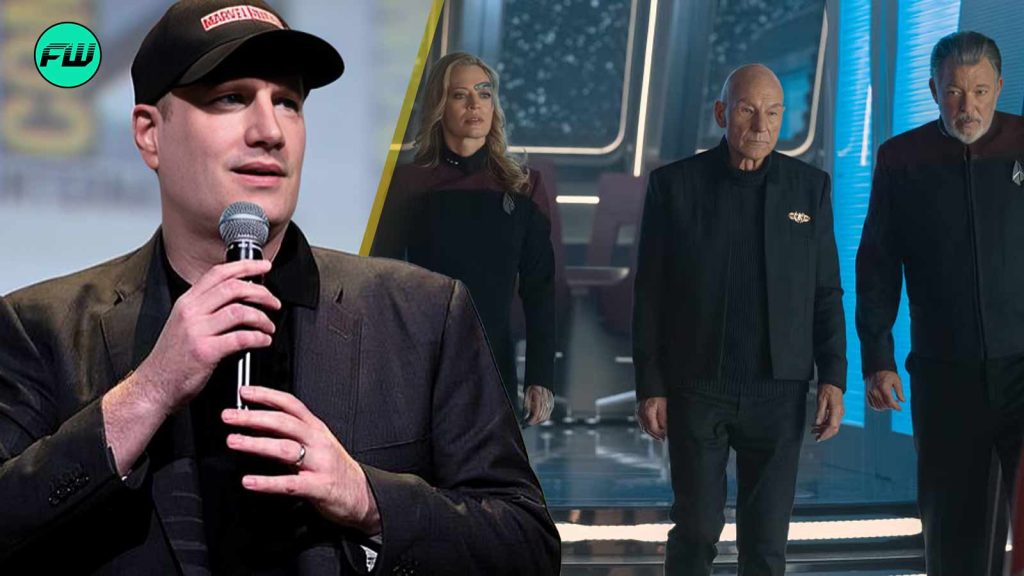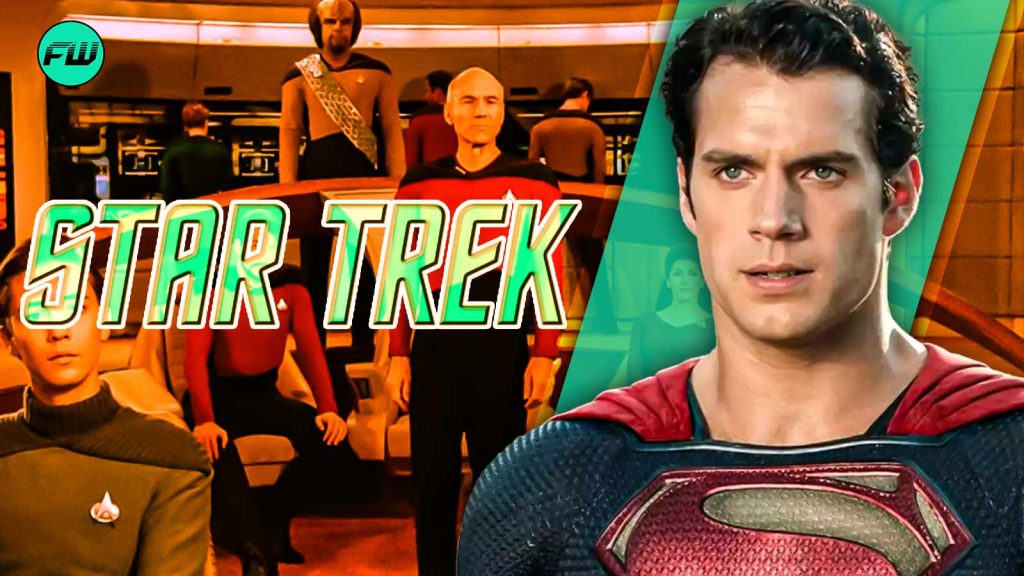Although the Star Trek franchise now is a cultural phenomenon, it had a rocky beginning. Thanks to Gene Roddenberry’s belief in the saga, it survived and continues to thrive. When it was first introduced to the world in the form of Star Trek: The Original Series, the show faced problems due to its reported high production costs, which was largely driven by Roddenberry’s meticulous attention to detail.
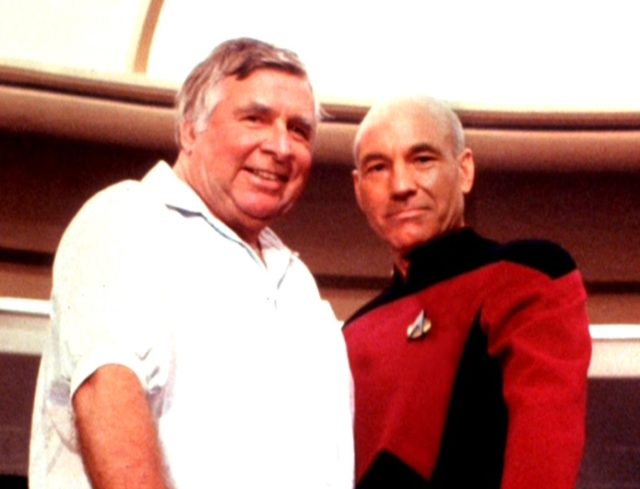
His insistence on a hyper-realistic depiction of the USS Enterprise led to significant budgetary challenges as well as a fight with the network, nearly derailing the project before it even launched. Despite these financial hurdles Star Trek eventually transcended all the challenges thrown in its way to become a global phenomenon.
Why Gene Roddenberry Took on NBC to Keep This One Star Trek Detail Real?
In The Making of Star Trek by Stephen E. Whitfield, Star Trek fans get a behind-the-scenes look at how Gene Roddenberry, the visionary behind the franchise, butted heads with NBC over skyrocketing costs.
But why were expenses climbing so fast? Well, the creator had high hopes for the project and wanted to get everything right at any cost. Thus, Roddenberry’s obsessive quest for perfection was a major factor contributing to the ballooning of the budget.
While today’s fans might see the set design as a charmingly retro throwback or in plain simple words cheap, back in the 1960s, it was nothing short of revolutionary. As reported by CBR, He wrote in The Making of Star Trek,
My feeling was that if you didn’t believe in the spaceship…then you wouldn’t believe in the bridge,—an enormous waste of time and money…. I was under enormous pressure from the studio to quit spending money on this sort of thing.
To give context to the whole situation, Roddenberry aimed to significantly change the sci-fi genre by replacing its traditional odd-looking set design with a more accurate one. Since the whole show was based around the starship, he wanted it to be not only visually stunning but also scientifically plausible. He thus reportedly consulted aerospace companies to help him design the ship.
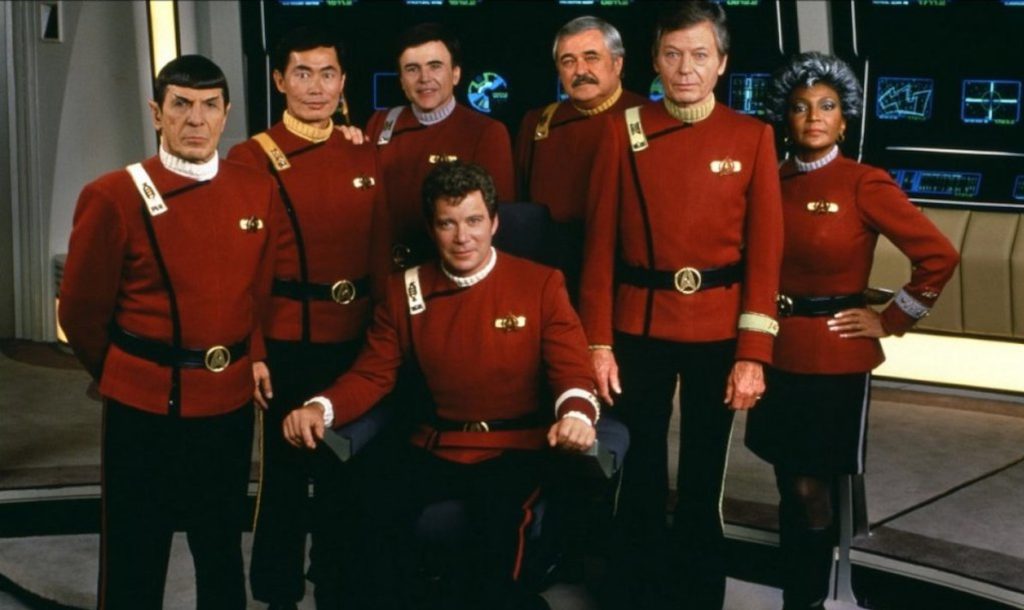
Meanwhile, NBC wasn’t thrilled with the ballooning costs due to it, as it saw all that research as useless, preferring the usual UFO fare. The expenses? Season one ran $190,000 per episode, as per CBR but slowly the budget grew tighter and tighter as in Season two it was $185,000, and in Season three was $175,000. Additionally, it is also allegedly said that an additional $600,000 was wasted solely on the pilot, which was then rejected by the network.
Why Was Star Trek: The Original Series Canceled?
Star Trek: The Original Series overcame numerous challenges to launch on NBC in 1966. Despite rapid popularity, the show’s high production costs and modest ratings were its number one ongoing concerns. These financial pressures, combined with creative differences between NBC and series creator Gene Roddenberry, led to the series being reportedly neglected by the network and thus pushed it to an unfavorable timeslot for its third season.
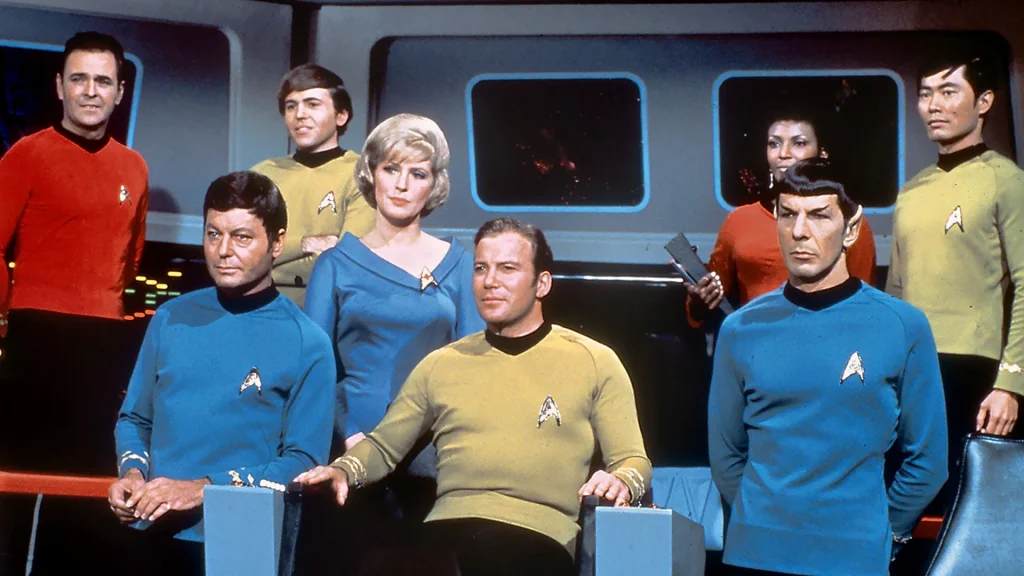
The show’s journey was filled with difficulties from the outset. Even before airing, the initial pilot was rejected, and the series was only greenlit after intervention from Lucille Ball, Desilu production head. Although co-financed by NBC, Star Trek’s then excessive production costs eventually prompted the network to hand over all the controls to Paramount.
Tensions between Roddenberry and NBC escalated during the show’s run and reached a boiling point when Roddenberry forced the network to move the show into a prime-time slot. This resulted in Roddenberry’s reduced role in the series behind the scenes, which, according to production staff, significantly impacted the quality of the third season. Ultimately, the combination of these factors led to the Star Trek: The Original Series’ cancellation in 1969.
Star Trek: The Original Series is streaming on Paramount Plus.

